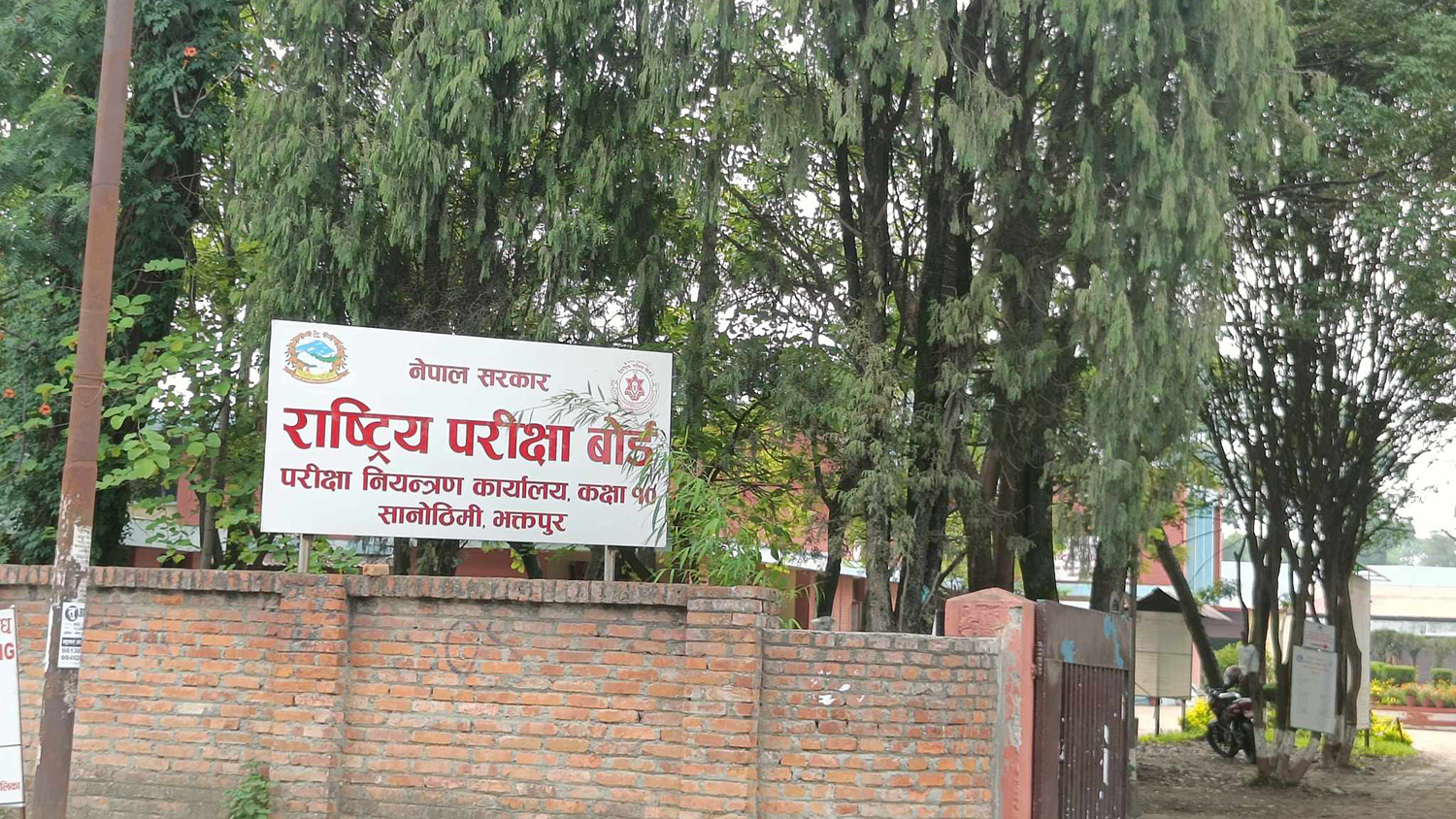The burden of foreign consultants that comes with the loan
We use Google Cloud Translation Services. Google requires we provide the following disclaimer relating to use of this service:
This service may contain translations powered by Google. Google disclaims all warranties related to the translations, expressed or implied, including any warranties of accuracy, reliability, and any implied warranties of merchantability, fitness for a particular purpose, and noninfringement.


There is an increasing tendency to spend waste on consulting services such as office or project feasibility study, design, master plan preparation, construction supervision etc. There is a practice of appointing consultants from the outside for the work that can be done from the manpower available in the relevant public bodies on the instructions of the minister or the secretary.



In most of the projects, the aim of taking consulting services is to benefit each other rather than to make the implementation effective. Foreign loan or grant projects are expensive for external consultants. Due to unlimited consulting and administrative expenses, the cost of the project is higher. Even though the budget is being misused in the name of consulting services, the government is not interested in setting clear standards and stricting it. An example of how much is being spent on
consulting services is the Kathmandu-Tarai/Madhesh expressway project under construction. This project has spent 2 billion 27 million rupees for consulting services from the financial year 2073/74 to 2079/80. In the financial year 2079/80 alone, it is mentioned in the Auditor General's report that 484 million rupees were spent on consultancy services.
The Project Directorate under the Ministry of Physical Infrastructure and Transport has already spent 828.7 million rupees on consulting services for the Narayangadh-Butwal road section. About 39 million rupees were paid in US dollars. The directorate has spent 544.44 million
ing in the name of consultant on Kanchanpur (Saptari)-Kamala road section and Mugling-Pokhara road section. This is also the amount paid for domestic and foreign consultants. The progress of work on these roads is not satisfactory, with excessive expenditure on consultancy services. In other ministries, departments and projects, extensive expenditure is seen in the name of consulting services. In the financial year 2079/80 alone, there is a figure of 3 billion 702.22 million rupees spent on consultants by federal ministries, departments and local levels.
In Section 29 of the Public Procurement Act, 2063, there is a provision that public bodies can purchase consulting services if there is no work to be done with the manpower available in the office. But even though the government has expert manpower, there is a tendency to spend on consulting services. Currently, there is a practice of hiring consultants in any project, which only increases unnecessary expenses.
There is a custom of appointing a consultant according to the instructions of the minister and the secretary. Another problem is that the report prepared by the consultant is not implemented, and the cost is increased by repeating the consultation. Consultants come from abroad as part of the contract for projects involving foreign loan assistance or subsidies. The facilities they take are also more. A large part of the cost of foreign loan or subsidy projects goes abroad in the name of consulting, administrative expenses are also high. The
project needs the advice of consultants as needed, but there is a delay in controlling the wasteful expenditure in the name of it. In the 61st report recently published by the Office of the Auditor General, it has been commented that 'increasing reliance on consultants without appropriate management of departmental manpower is not considered appropriate'. It is suggested by the Accounts General to reduce the dependence on consultants for regular work by taking consulting services only for essential work. Keeping this suggestion in mind, the government needs to make clear policies and rules to prevent budget misuse in the name of consulting services. The
project should limit the expenditure on consulting services and make transparent the consultant's appointment and expenditure method. If the manpower available in the relevant office is not available or not able to, the appointment of consultants should be made and preference should be given to local manpower in consulting services. There should be a policy of bringing in foreign consultants only for projects that are not possible with Nepalese manpower.
The government should be able to keep the condition of reducing the cost of consulting services as much as possible by making agreements regarding projects with foreign loans or grants. As suggested by the Accountant General, it is necessary to pay service fees to consultants based on work and make them responsible for implementation.
प्रकाशित : जेष्ठ ३२, २०८१ ०७:०८

 २१.१२°C काठमाडौं
२१.१२°C काठमाडौं

























